Optimal Timing for Water Treatments
Proper timing for water treatments is essential to ensure water quality, system longevity, and optimal performance. The best time to perform water treatments depends on various factors including seasonal changes, water usage patterns, and specific water quality issues. Typically, treatments are most effective when conducted before peak usage periods or during seasons when water quality challenges are more prevalent.
Water treatments are often scheduled seasonally to address changes in water quality and usage. Spring and fall are common times for treatments to prepare systems for increased demand or to address seasonal water quality issues.
Performing water treatments before periods of high water demand helps maintain system efficiency and prevents buildup of contaminants during peak usage.
Regular water testing guides the timing of treatments, ensuring interventions are performed when necessary to address specific issues like high mineral content or microbial growth.
Climate variations can influence water quality, making it advisable to schedule treatments during times of year when water conditions are most challenging.
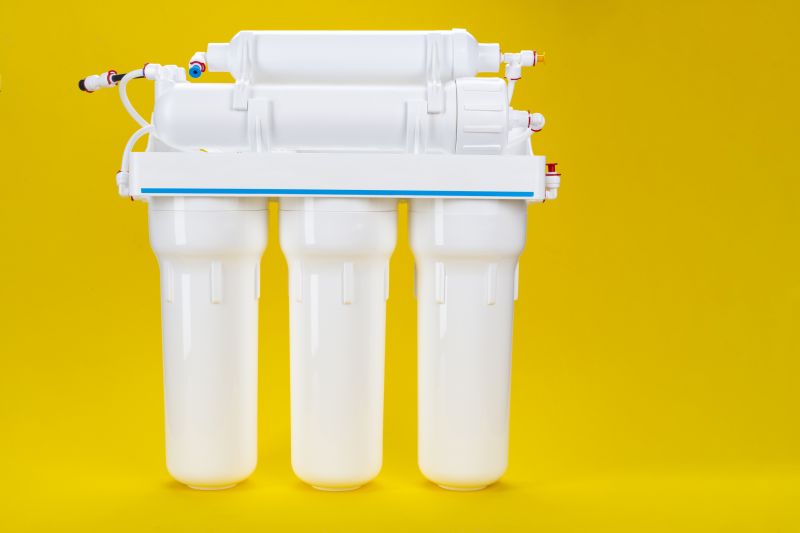
Equipment used in water treatments, such as filtration systems and chemical feeders.
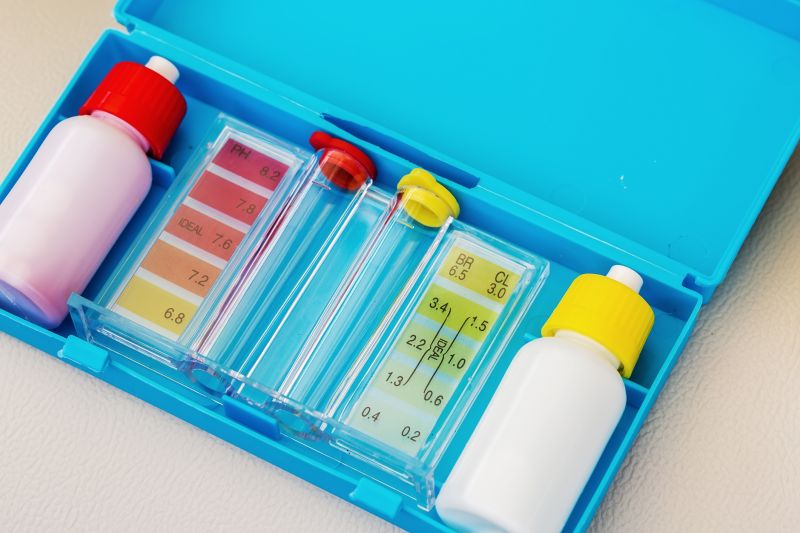
Tools for assessing water quality before scheduling treatments.
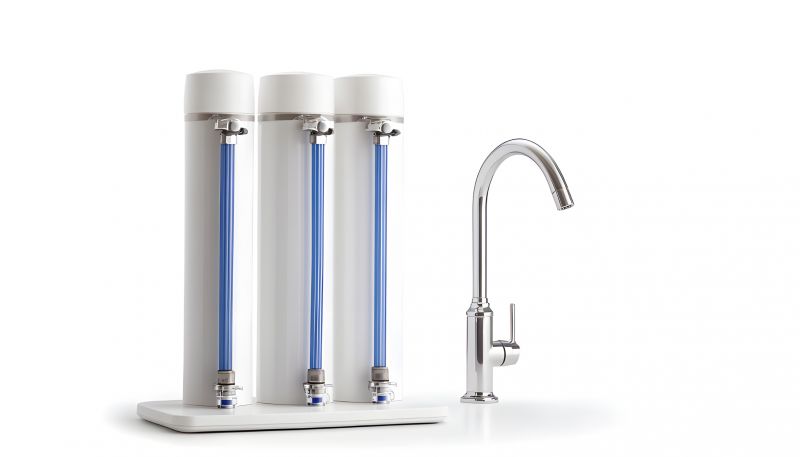
Application of chemicals to control microbial growth and mineral buildup.
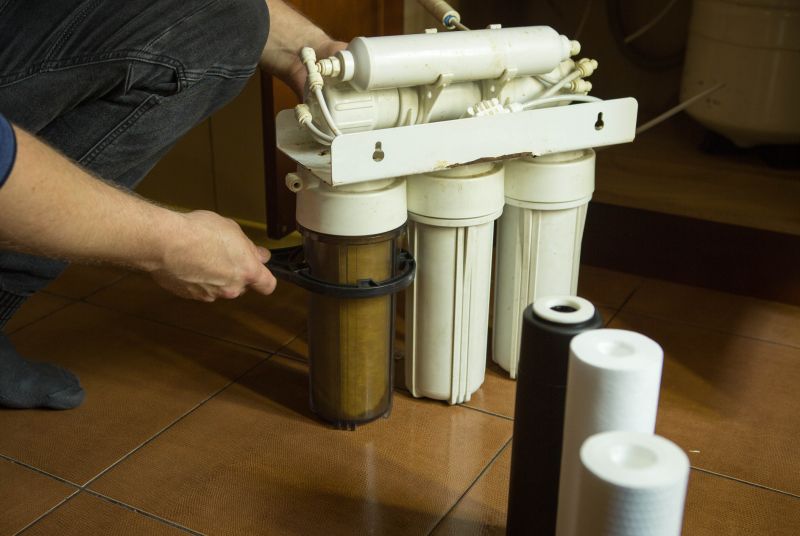
Devices that remove impurities from water during treatment.
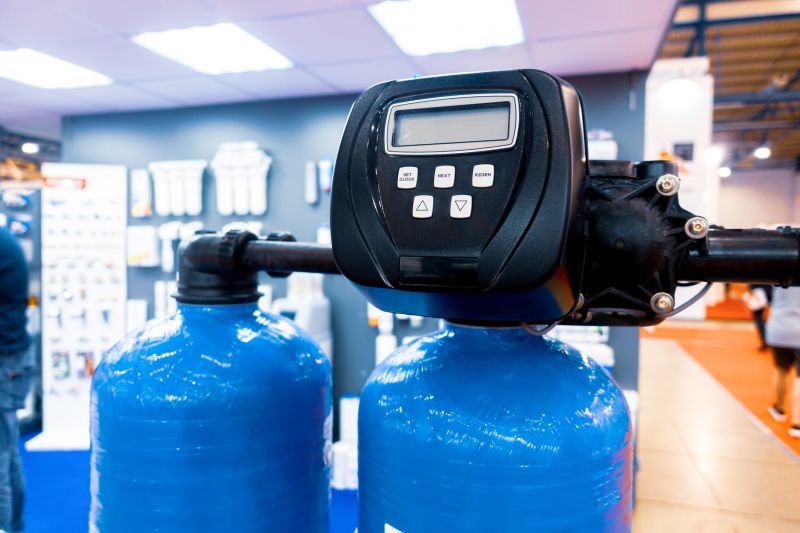
Sensors and devices used to track water parameters over time.
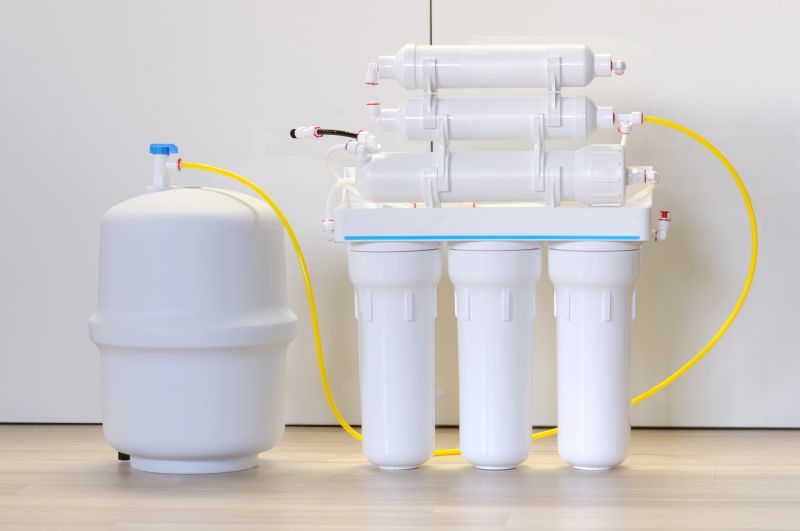
Scheduling treatments aligned with seasonal water quality changes.
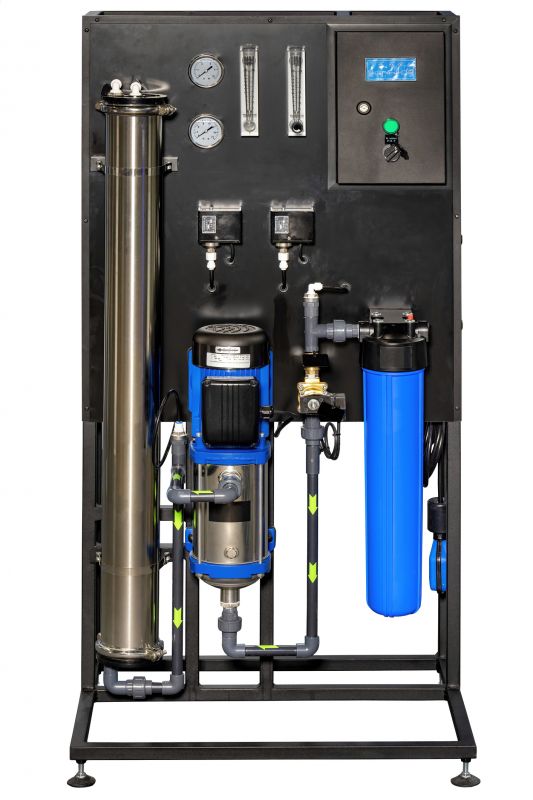
Routine upkeep to ensure treatment systems operate correctly.
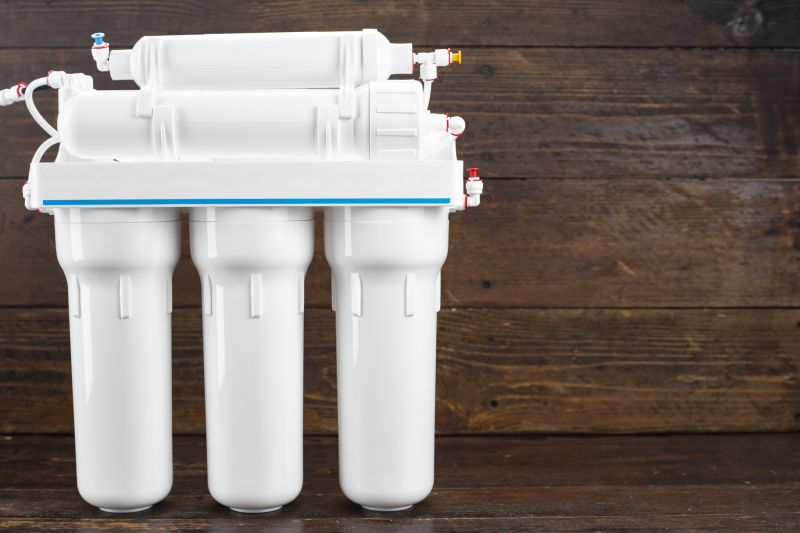
Images of water treatment processes being performed.
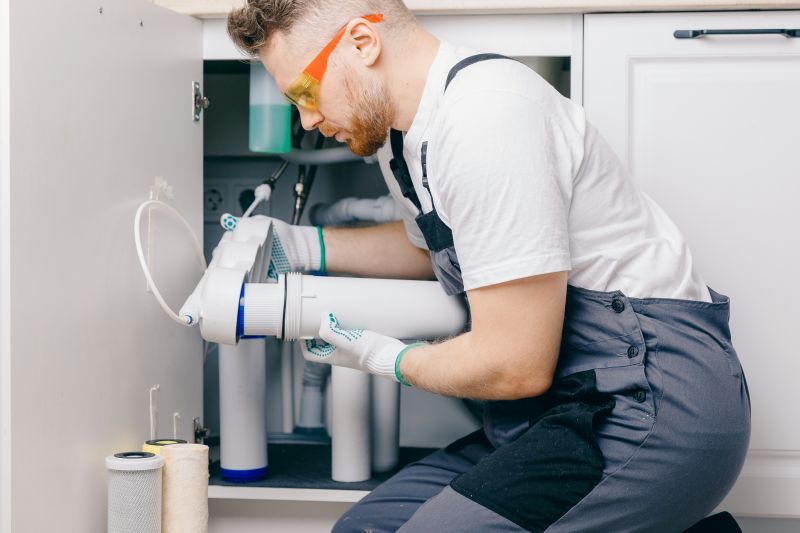
Facilities and infrastructure supporting water treatment activities.
| Best Time to Treat Water | Key Considerations |
|---|---|
| Spring | Prepare for increased usage and address spring-specific water quality issues. |
| Fall | Pre-winter treatments to prevent freezing damage and microbial growth. |
| Before Peak Usage | Ensure water systems are clean before high-demand periods. |
| Post-Repair or Maintenance | Treat water after system repairs to prevent contamination. |
| Seasonal Changes | Adjust treatments based on seasonal variations in water quality. |
| Water Testing Results | Schedule treatments based on laboratory water analysis. |
| High Mineral Content Periods | Address mineral buildup during dry or hot seasons. |
| Before System Storage | Treat water before shutting down or storing systems for extended periods. |
Water treatments play a critical role in maintaining water quality, preventing corrosion, and reducing buildup of minerals and microbial contaminants. Proper timing ensures treatments are effective and resources are used efficiently. Regular assessments and adherence to recommended schedules can help mitigate issues such as scaling, staining, or microbial growth, which can compromise water system performance and safety.


